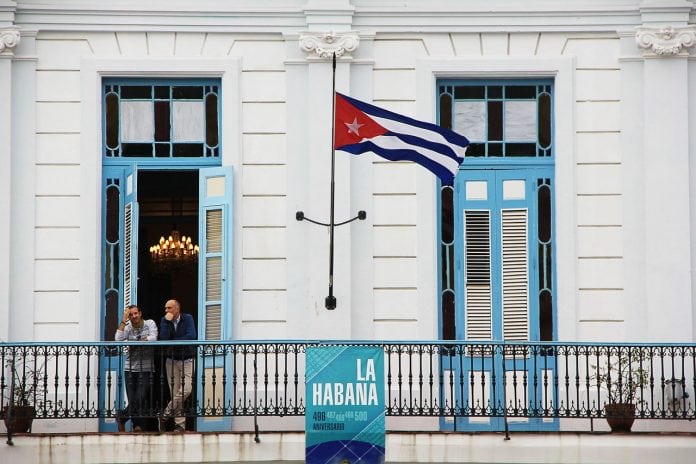
How much positive feedback travelers think they’ll get on social media can predict whether they intend to visit a tourism destination, a new University of Georgia study has found.
The research on “social return,” or the number of likes, shares, comments and overall positive feedback travelers expect they’ll get from their travel posts, shows what destination marketers already know.
Social media is influencing the destination selection process. Results confirm the importance of promoting the symbolic aspects of the destination rather than solely promoting the functional attributes such as price and weather. Destination marketers need to consider the anticipated social media buzz travel will create and harness the force behind these symbolic images to influence visitation to the destination.
The research team developed and used the “Social Return Scale” to predict whether 758 U.S. travelers intend to visit Cuba over the next year, next five years, and then next 10 years based upon the anticipated positive social media feedback of posting their travel experiences.
Cuba was chosen as the destination of interest because the recent loosening of travel restrictions under the Obama administration resulted in a rush to see the country before increased U.S. tourism changed the nature of the experience. So it was of interest to see if the expected social return of traveling to Cuba would have a greater influence on intent to visit there in the short term versus long term.
Results show that across all three times (next year, next five years and next 10 years), the anticipated social return of traveling to Cuba was a good predictor of whether someone intended to visit the country. However, social return had the greatest influence on predicting travel within the next year, the study found.
These results imply that the more tourists see a destination as having “the right atmosphere for signaling their desired image to their peer groups” through social media, the more likely they are to travel there in the near future.
While travel and social standing have a long history of interconnectedness, social media has fundamentally changed the nature of this form of conspicuous consumption. No longer do peers have to take each other’s word on where they have traveled or wait for the slideshow upon returning from the trip; travelers are now able to receive instant gratification and recognition through posting pictures of their travels.
These results have significant implications for tourism marketers. They now have to take into account what travelers find social media worthy about a destination to craft their marketing materials. It’s not just about whether someone can afford the trip or if they’ll have an enjoyable time while there.
This is especially important as narcissism becomes more normalized and the posting of travel experiences on social media becomes a more prominent primary motivation for travel.
- Create, schedule, and monitor your Instagram account with Hootsuite. Try it free today.




































